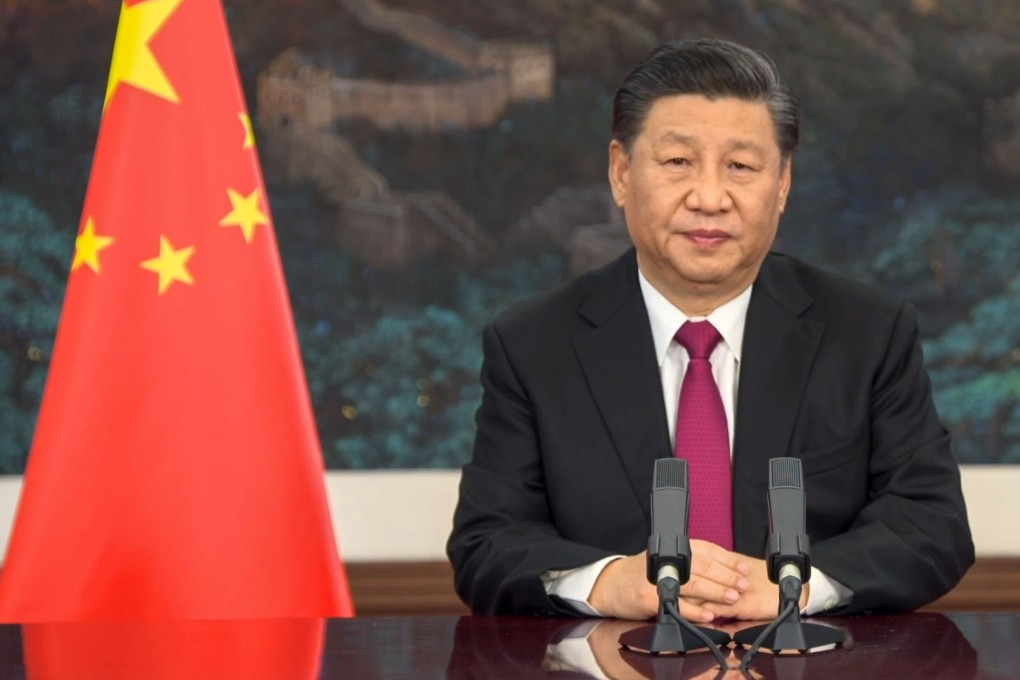Advertisement
US should continue to view China as a threat, says congressional panel
- The story the Chinese Communist Party ‘is telling around the world is one that is often based on lies and half-truths,’ says US congressional panel’s co-chair
- The panel’s comments reflect a widespread distrust of China in the US that has lasted beyond the end of the Trump presidency
Reading Time:3 minutes
Why you can trust SCMP
22

Jacob Fromerin Washington
President Xi Jinping has turned China into a dangerous, aggressive power, and the US should continue to view the country as a threat, leaders of a congressional advisory panel warned on Thursday.
In the first public hearing during the Joe Biden administration for the US-China Economic and Security Review Commission (USCC), the panel’s comments reflected the widespread distrust of China in the US over the last year – views that have now lasted beyond the end of the Trump presidency.
“The story the CCP [Chinese Communist Party] is telling around the world is one that is often based on lies and half-truths,” said USCC co-chair Carolyn Bartholomew at the hearing on US-China relations at the CCP’s centennial.
Advertisement
“To deflect attention from its early failures in addressing the Covid-19 outbreak, for example, its diplomats have falsely accused the United States of being the source of the virus,” she said. “The validity of its economic growth statistics is being questioned.”

01:15
WHO team probing coronavirus origins in China leave hotel quarantine
WHO team probing coronavirus origins in China leave hotel quarantine
“It is flatly denying the genocide the US Department of State and many experts have accused it of carrying out against the Uygurs as well as lying about forced labour, detention and torture, and the destruction of religious sites, all of which have been well-documented,” she added.
Advertisement
Advertisement
Select Voice
Select Speed
1.00x